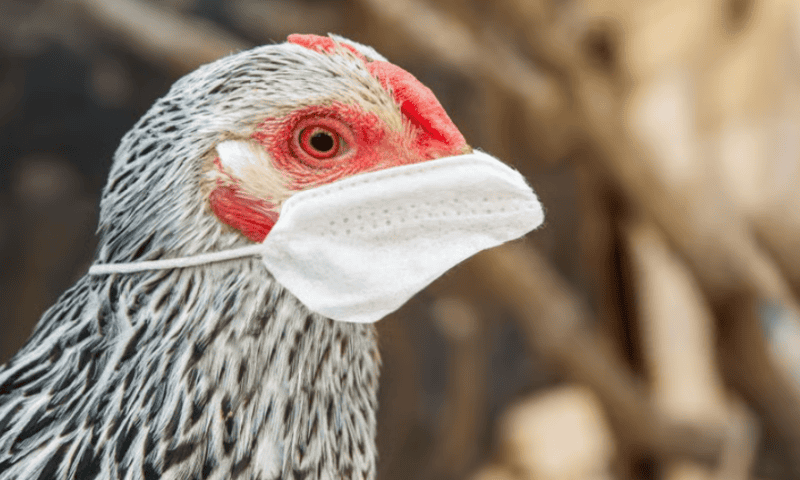Moderna has become the latest biopharma to benefit from the U.S. Department of Health and Human Services’ concerns about avian flu, awarding the company $176 million to fund the clinical development of a potential vaccine.
The money is coming from the Rapid Response Partnership Vehicle, a consortium funded by the Biomedical Advanced Research and Development Authority (BARDA) to accelerate medical countermeasures to pandemic threats.
Moderna is already testing an mRNA vaccine dubbed mRNA-1018 in a phase 1/2 trial that includes the avian flu strains H5 and H7. The study is due to read out later this year, and Moderna said the results will “inform phase 3 development plans.”
While the funding will be focused on getting an mRNA vaccine for avian flu through late-stage development, Moderna said the agreement “also includes additional options to prepare and accelerate a response to future public health threats.”
It’s not the first time BARDA has tapped Moderna. The organization handed over a combined total of almost $1 billion at the height of the pandemic to push Moderna’s COVID-19 vaccine through trials.
“mRNA vaccine technology offers advantages in efficacy, speed of development, and production scalability and reliability in addressing infectious disease outbreaks, as demonstrated during the COVID-19 pandemic,” Moderna CEO Stéphane Bancel said in a July 2 release.
“We are pleased to continue our collaboration with BARDA to expedite our development efforts for mRNA-based pandemic influenza vaccines and support the global public health community in preparedness against potential outbreaks,” Bancel added.
The Moderna funding comes a month after BARDA expanded its avian flu pandemic preparedness partnership with CSL Seqirus, lining up the vaccine specialist to complete the fill-finish process for the shots.
According to the Centers for Disease Control and Prevention, so far this year there have been three cases of H5N1 virus infection in humans in the U.S. following exposure to dairy cattle. There has only ever been one other human case reported in the country—back in 2022—which was believed to have been caused by exposure to infected poultry.

